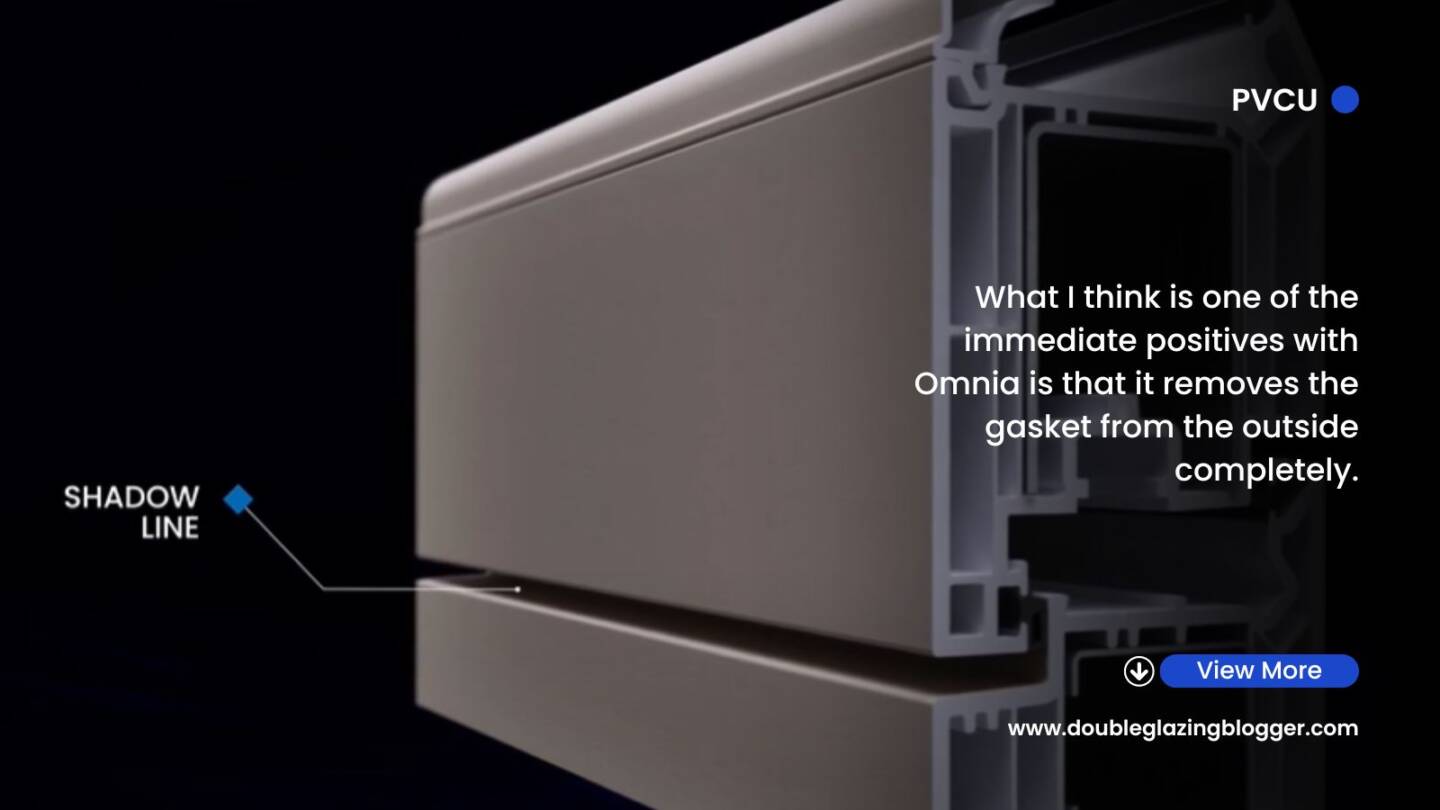One micro-trend I saw whilst roaming the halls at the FIT Show was the covering up of tattoos. I spoke with one person who I won’t name here, who told me that they had to cover up their tattoos with sleeves as it was deemed unprofessional. Bare in mind that it was pretty hot in those halls during those three days.
I also saw a couple of ladies where it seemed they had tried to use make up to either soften or hide tattoos on their arms. It struck me as pretty strange. It’s 2017, this was a B2B trade show, did it really matter whether tattoos were on show or not?
If you ask me, employers need to lighten up.
Changing attitudes
On a personal level I don’t have a problem with tattoos. I don’t have any personally, I’ve just never loved them that much to feel like I want some. That’s not to say I don’t like them, I just prefer to see them on other people. But you cannot deny that we’re the most tatted bunch of people probably ever. Tattoos are no longer that offensive to most of us. They’re highly fashionable, symbolic to many, and form part of a lot of people’s daily lifestyle.
Yet, from what I saw at the FIT Show, when it comes to business, they’re still an issue. The usual reason peddled out by bosses is that they’re unprofessional. A couple of decades ago I think you could get away with that. But given that the chances that those very same bosses have a tattoo of their own somewhere also, the usual reasons don’t hold any wait for me any more.
I genuinely believe that if those I saw hiding their body art were allowed to show them off as they normally would, it will have made not a dot of difference to those visiting or even prospective new customers. They’re a part of our society now.
It’s time we took a refreshed look at tattoos in the workplace, at least on a B2B level. Body art has no impact on a person’s ability to do their job. So what if a rep from a fabricator has a shoulder piece or a sleeve? Is that going to stop them seeing their customers, managing their accounts, signing up new business? I think not. In fact in some cases it could be a decent ice-breaker if the new client they’re about to see has tattoos themselves.
Within our industry, on a B2B level, I would be very disappointed if people have been unable to land a job because of their tattoos, or have had negative comments thrown in their direction for them. If so, then we need to take a look at ourselves and remember what year it is.
A tricky balance
On a business to business platform tattoos shouldn’t really matter. When dealing with home owners however that is when things become a little more difficult.
As a sales rep who deals with home owners every single day I know very well how first impressions count. They differ as well depending on the age group. For example, if I’m going in to see a young couple, around my age, I can be a little bit more relaxed whilst still being professional. If I’m seeing someone in their mid-40’s and they’ve got a large project to look at then it’s every T crossed and I dotted. If it’s an elderly couple then it’s polite, calm and engaging.
However it’s that latter age group where the problems lie when it comes to tattoos. When we go see our elderly clients we often get high praise for the way we dress. We’re always in clean suits, clean shoes, ties etc, and that age group like that. The smart at all times look. They especially like it if someone who looks young, like me, dresses like that. That is the way their generation was brought up, so to see it in modern society is nice for them.
If however they saw someone with tatts showing up their neck, perhaps tunnels in their ears but still sharply dressed, that’s where problems could occur. That person could be just as good as myself or others at their job, but their appearance to that age group could very quickly ruin that first impression. It shouldn’t. That rep with tattoos and ear tunnels is still likely to be a very nice person, knowledgeable, kind, but because of their appearance, the chances of a sale can be greatly diminished.
The younger the customers are, the less likely it is that things like tattoos and other forms of body art are a problem as they will have grown up around people with the same personal styling choices.
If you’re an employer and looking for a new rep to deal with home owners, do things like tattoos make a difference to you? Can you see past them and look for the talent in the person? Do you worry what your home owners might think of that person if they turned up at their door? These are the questions facing installers, although in a modern society you would think these sorts of dilemmas shouldn’t be on the table.
What are your thoughts? Should body art play a part in the jobs we do in our industry? Have you ever been discriminated against in the window and door industry because of your tatts? Have you been told by your employer you have to cover them up when in front of customers? I would love to hear from you via the comments section below.
To get weekly updates from DGB sent to your inbox, enter your email address in the space below to subscribe:






